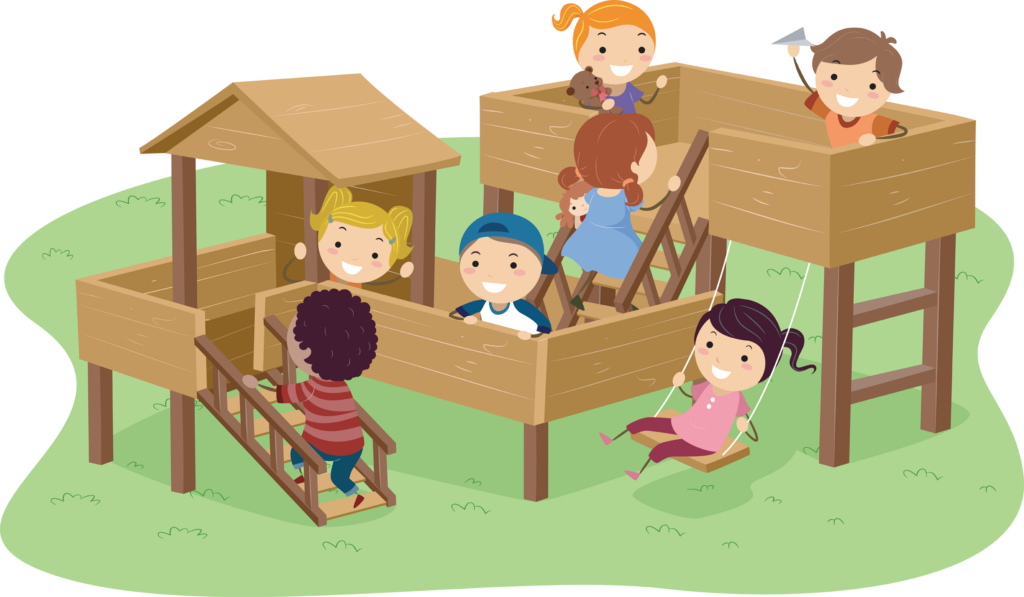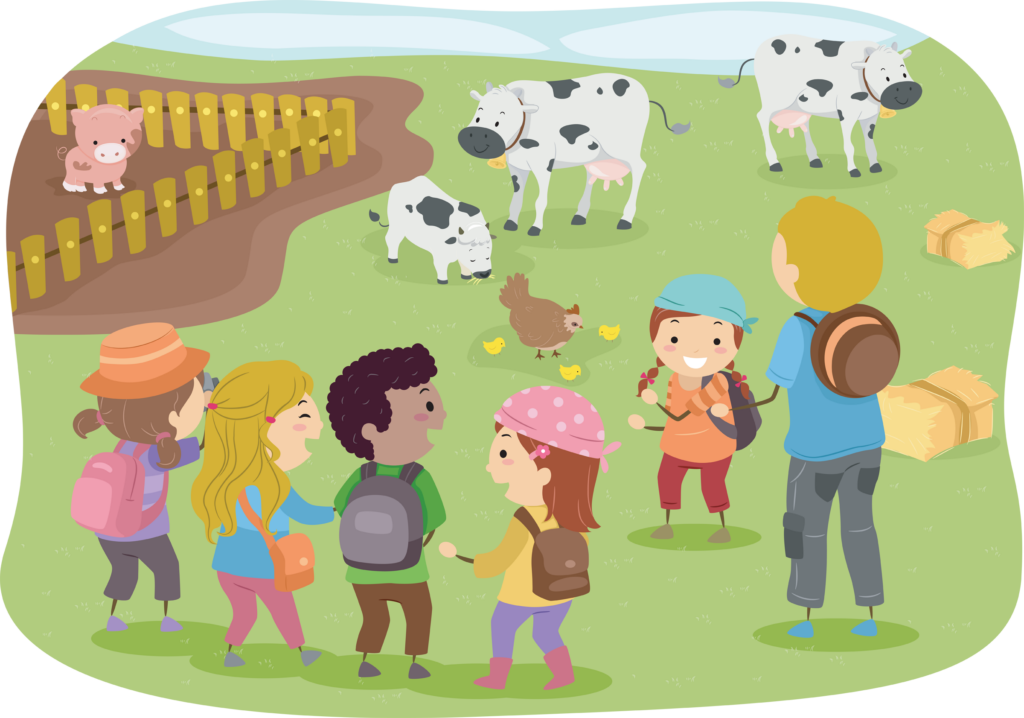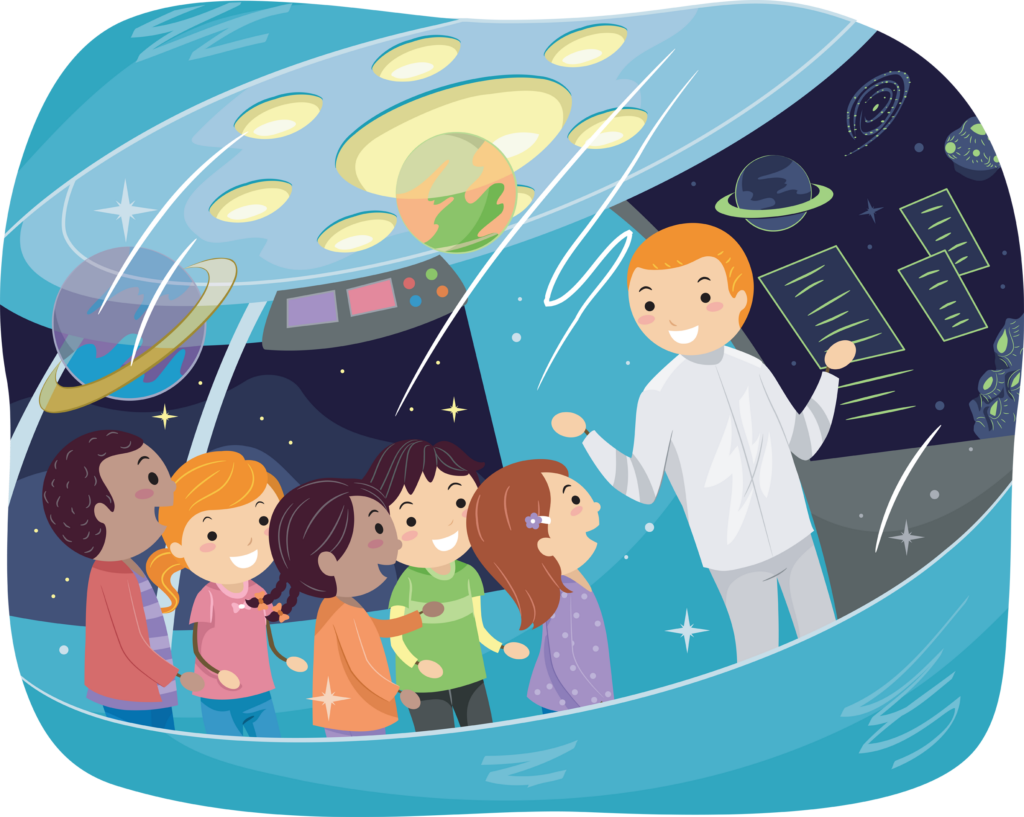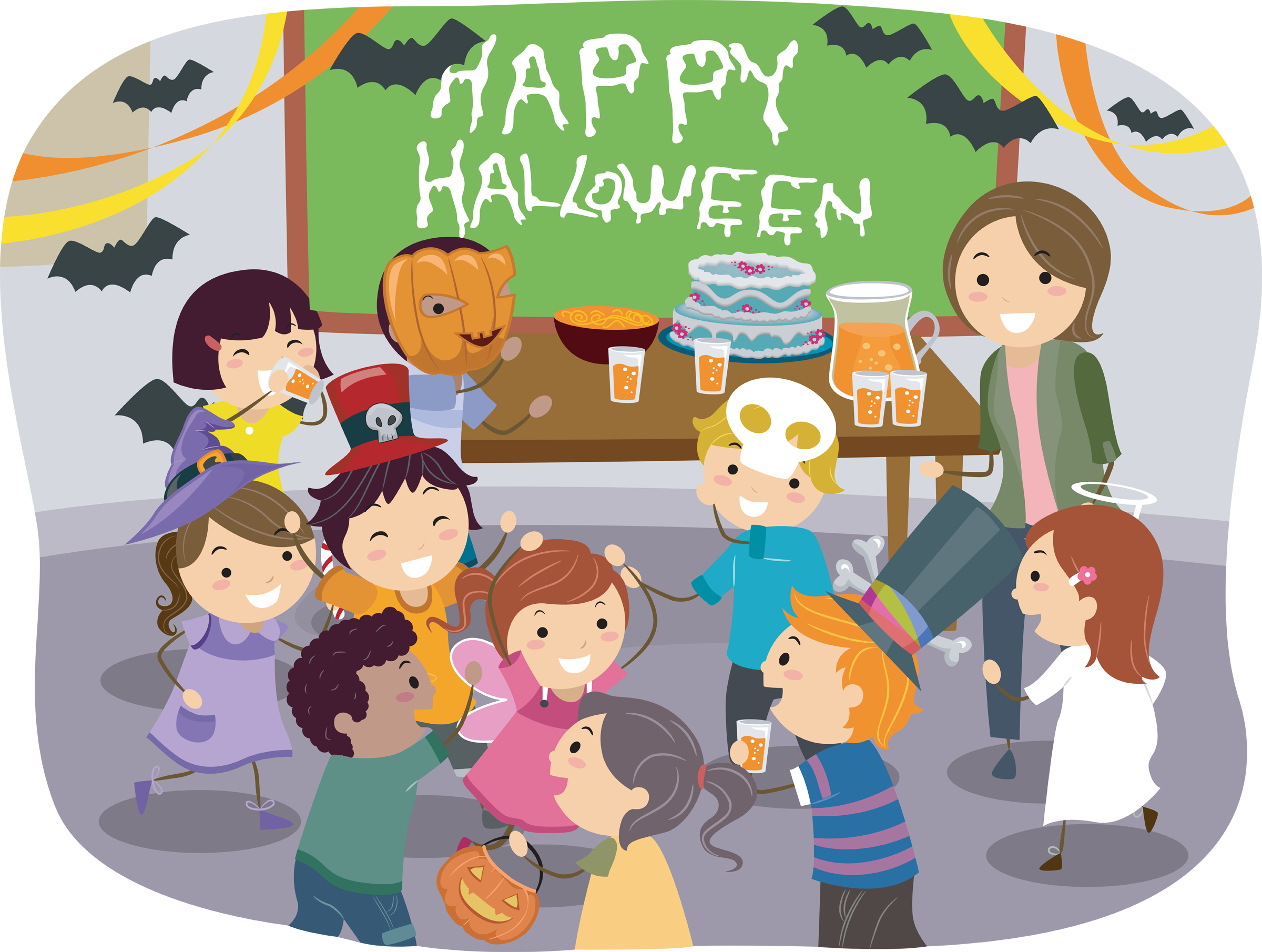
There is a unique excitement that fills the air when children hear the words ‘field trip’. Their eyes light up, their hearts race, and their imaginations take flight. More than just a break from the daily grind of schoolwork, field trips offer a unique opportunity for hands-on learning and discovery. They provide a memorable experience that can fortify classroom lessons and inspire lifelong curiosity. For homeschooling parents, field trips and supplemental learning activities are a wonderful way to enrich the education journey of their young learners. Let’s explore some exciting, age-appropriate options!
5-6 Year Olds: Inspiring Curiosity

The curious minds of children at this age are eagerly ready to explore the world around them. Simple, sensory-driven experiences can provide exciting learning opportunities.
Field Trips
- Local Parks and Playgrounds: An excursion to a local park can teach children about nature, seasons, animals, and the importance of outdoor play. Supplement the trip with a scavenger hunt for different types of leaves, rocks, or insects.
- Fire Stations: Visiting a fire station helps children learn about community helpers, safety procedures, and the importance of teamwork. Firefighters often give demonstrations and tours that are educational and thrilling.
Supplemental Activities
- Baking: Turning your kitchen into a classroom is a delicious way to teach math and reading. Following a recipe enhances reading comprehension, while measuring ingredients introduces basic math skills.
- Arts and Crafts: Creative activities like drawing, painting, or making crafts from recyclable materials improve fine motor skills, inspire creativity, and teach kids about recycling and sustainability.
7-8 Year Olds: Nurturing Enthusiasm

As children grow, their capacity for understanding complex concepts and ideas expands. Experiences that challenge them cognitively and physically can be remarkably rewarding.
Field Trips
- Museums: Children’s museums, natural history museums, or science museums are excellent venues for kids to explore and learn. Interactive exhibits and hands-on activities provide a unique learning experience that complements homeschool curriculum.
- Farm or Zoo: Visiting a farm or a zoo can be a fun, educational trip. Kids learn about animals, their habitats, and the food chain. They may also learn about farming practices, sustainability, and food production.
Supplemental Activities
- Gardening: Gardening teaches children about plant life cycles, responsibility, and patience. They can grow flowers, herbs, or vegetables and observe their growth over time.
- Board Games: Games like Chess, Scrabble, or Monopoly enhance strategic thinking, vocabulary, and math skills, while also providing a fun family bonding tim
9-10 Year Olds: Encouraging Exploration

Children at this age are eager to delve deeper into the world around them. Trips and activities that spark their imagination and challenge their thinking skills will stimulate their learning.
Field Trips
- Historical Sites: A visit to local historical sites, monuments, or heritage museums offers an exciting look into the past. It’s an excellent way to make history lessons come alive.
- Planetarium or Observatory: A trip to a planetarium or observatory introduces children to astronomy, teaching them about the universe and sparking curiosity about space exploration.
Supplemental Activities
- Science Experiments: Conducting simple experiments at home enhances understanding of scientific principles. From growing crystals to making homemade volcanoes, there are countless experiments to pique children’s interest in science.
- Book Clubs: Creating a book club with other homeschoolers encourages reading and improves comprehension. It also teaches children to express their thoughts and opinions constructively.
Field trips and supplemental learning activities play an invaluable role in homeschooling. They make learning experiential and meaningful, nurturing a child’s innate curiosity, enthusiasm, and desire to explore. Armed with these suggestions, homeschooling parents can make education a thrilling journey of discovery for their children. After all, the world is the greatest classroom of all!




